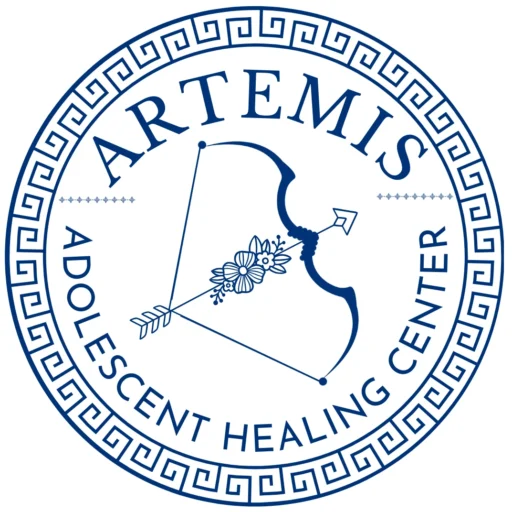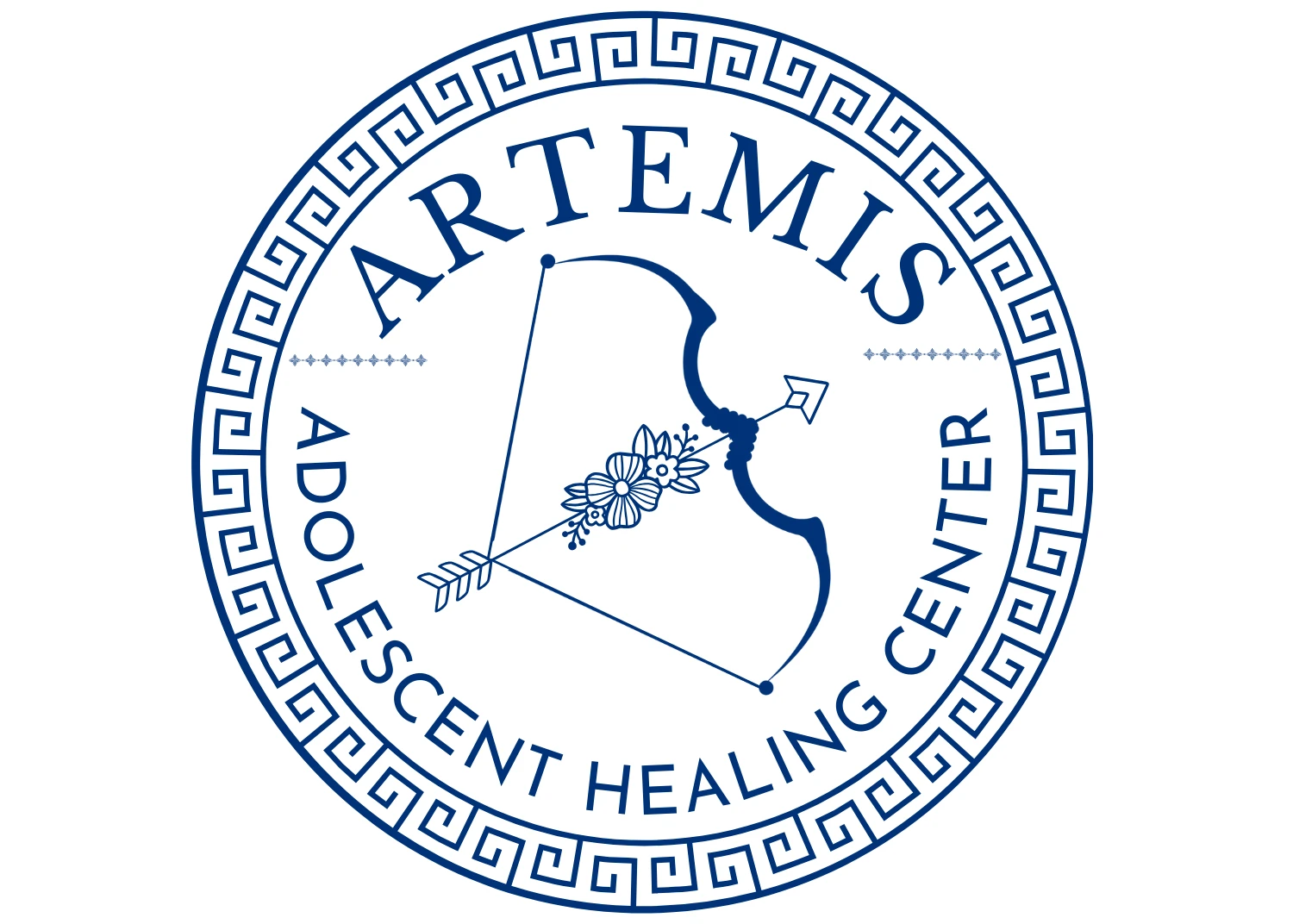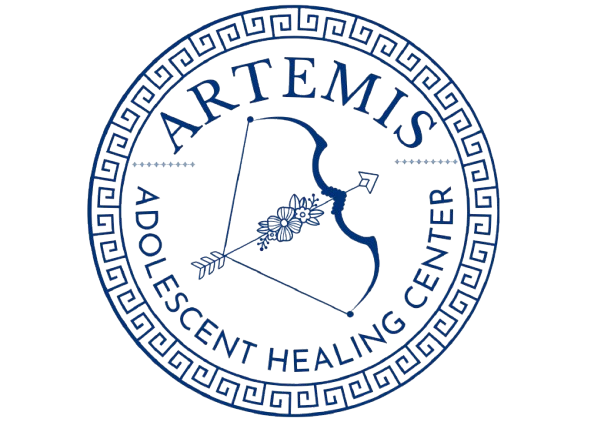Find Adolescent Mental Health Treatment Options at Artemis
Common mental health concerns in adolescents include but are not limited to depression, trauma, post-traumatic stress disorder (PTSD), anxiety disorders, and substance abuse. Artemis Adolescent Healing Center has an expert team of professionals who specialize in all of the above and more.
Our treatment center in Tucson provides multiple adolescent treatment options for mental health and addiction in the 12 to 17 population. Parents are highly involved in the treatment process at Artemis from early interventions to aftercare. At Artemis, we’re here to ensure that your child is taken care of.
This article will cover the treatment options offered at Artemis Adolescent Healing Center, including our programs, types of therapy used for teens, and other information about how treatment can help your adolescent and family. If you have any questions about Artemis, please call our confidential admissions line.
Get Confidential Trauma and PTSD Assessment
Treatment Options at Artemis Adolescent Healing Center in Tucson
Artemis Adolescent Healing Center provides a full continuum of care, meaning that we offer a variety of different programs that meet the unique needs of all youth in our programs. We will conduct an intake assessment to ensure that your child is matched with the best treatment option before their start date at Artemis.
Residential Inpatient Treatment Programs
Artemis Adolescent Healing Center offers residential inpatient treatment programs for teens. Residential inpatient programs involve living on-site at a treatment center (usually for about 1-2 months) and following an intensive therapy schedule during the day. Parents are allowed to see their children while they are in treatment at our center. As a parent, you will also be involved in your child’s treatment process through family therapy sessions and in other ways.
In addition to family therapy, youth at Artemis participate in individual therapy sessions, daily group therapy, outings, experiential therapy, skill-building, and other activities. Inpatient care at our center helps teens establish new, adaptive routines with around-the-clock access to and supervision from staff.
Partial Hospitalization Programs
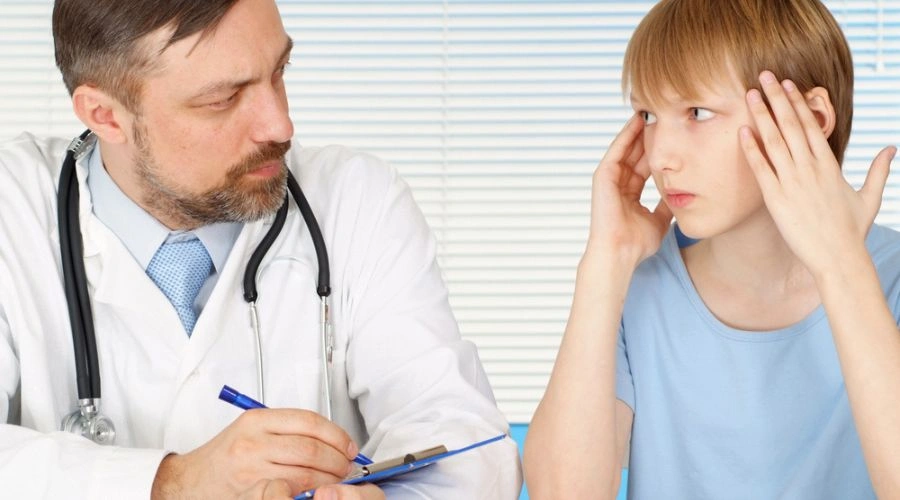
Partial hospitalization programs (PHPs) are ideal for teens in need of intensive treatment who do not require the 24/7 supervision provided in a residential treatment program. Youth in PHP at Artemis come to our center daily throughout the week for groups, individual therapy sessions, family therapy, and other activities involved in their treatment plan. However, they will be able to continue living at home with you or in their current living environment. PHP can be an alternative to inpatient care for teens, but it can also help teens who have finished inpatient treatment transition out of a higher level of care.
Intensive Outpatient Programs
Our intensive outpatient program (IOP) for teens facing mental health, substance use, and dual-diagnosis disorders meets about three days per week. This level of care allows youth to attend school (or to return to their regular school schedule) while getting treatment more intensive than once-weekly therapy. IOP can be a starting level of care for teens, or it can help teens who have completed a higher level of care transition back into typical everyday life.
Outpatient and Aftercare
After completing IOP, teens may participate in typical outpatient therapy 1-2 times per week. We help all teens and adolescents craft an aftercare plan before their discharge date, which may include ongoing outpatient therapy, medication management, 12-step program support groups or something else. We can talk through relapse prevention, school-related challenges, or anything else your teen needs to support their continued success during the aftercare planning process.
Who is Artemis Adolescent Healing Center For?
Artemis Adolescent Healing Center works with an extensive variety of mental health challenges affecting young people. These include but are not limited to:
- Post-Traumatic Stress Disorder (PTSD) and Trauma
- Obsessive-Compulsive Disorder (OCD)
- Borderline Personality Disorder (BPD)
- Drug and Alcohol Abuse
- Depression
- Bipolar Disorder
- Anxiety Disorders
- Failure to Launch Syndrome
If your teen is experiencing mental health challenges not mentioned on our website, please call Artemis to find out how we can help.
Therapeutic Approaches for Adolescents

Adolescents may benefit from a wide range of therapeutic approaches. Youth participating in treatment at Artemis Adolescent Healing Center get personalized treatment plans that meet their unique needs. One of the benefits of attending treatment at our center is that we have a wide range of healthcare professionals who specialize in certain types of therapy, as well as specific conditions and mental health challenges in teens.
Here are just some examples of the therapies our treatment team might use.
Cognitive Behavioral Therapy (CBT)
Cognitive behavioral therapy, or CBT, helps clients reframe negative beliefs and replace them with more productive or positive thoughts. In CBT sessions for teens, your child will learn to identify cognitive distortions (like all-or-nothing thinking or catastrophizing) and challenge them.
CBT is often the first line of treatment for conditions like anxiety or depression in teens. It may be paired with medication and other therapies, depending on the client and their needs.
Dialectical Behavior Therapy (DBT)
Derived from CBT, dialectical behavior therapy (DBT) is a highly beneficial type of therapy that teaches clients a wide range of skills. Goals of DBT for teens may include but are not limited to:
- Building mindfulness and coping skills.
- Distress tolerance.
- Emotion regulation.
- Interpersonal effectiveness.
The skills you learn in DBT can be used for the rest of your life. While this is true for many therapies, teens may find that DBT skills stand out to them and are accessible in times of distress.
Get Accredited Treatment Programs at Artemis
Acceptance and Commitment Therapy (ACT)
Acceptance and commitment therapy, or ACT, is a powerful and effective therapy for many teens, adolescents, and adults. The goals of ACT include:
- Acknowledging (accepting) your thoughts, feelings, or life circumstances.
- Committing to making choices that align with your values.
ACT can be used for teens facing obsessive-compulsive disorder, depression, anxiety, eating disorders, substance abuse, and other mental health challenges.
Family Therapy Sessions
Family therapy sessions at Artemis allow you, your teen, and other members of your familial unit to work with a licensed therapist together. Among other benefits, family therapy sessions can improve communication in families, increase the sense of understanding and harmony you have with each other, and educate family members on mental health conditions.
Interpersonal Therapy (IPT)
Interpersonal therapy is a type of therapy that largely focuses on goals like improving social function and emotion regulation in clients. It can be used for various conditions, including depression, eating disorders, and post-traumatic stress disorder (PTSD). When used for trauma, IPT can be an ideal alternative to exposure-based therapies for some clients.
Trauma-Focused Therapies
Many teens and young adults facing mental illness or substance use have been through one or more traumatic events. We offer specialized trauma therapies that have been proven effective for addressing symptoms of trauma and post-traumatic stress disorder (PTSD) in young people, such as trauma-focused CBT, cognitive processing therapy (CPT), multi-dimensional grief therapy, and eye movement desensitization and reprocessing therapy.
Experiential Therapy and Activities
Experiential therapy encompasses various types of therapy that involve immersing yourself in an experience of some kind. Examples of experiential therapies your child or teen may participate in include but are not limited to the following.
- Art therapy.
- Music therapy.
- Psychodrama.
- Outdoor activities.
- Physical activity.
We use experiential therapies and activities to help youth find confidence, explore healthy outlets, and build an assortment of important skills for daily life, like problem-solving and social skills.
The Consequences of Untreated Mental Health Issues in Teens
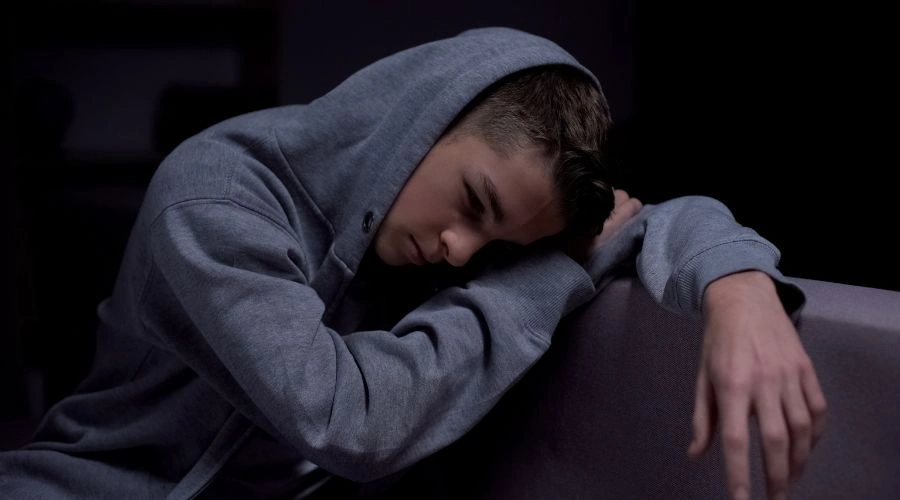
Although many teens and young adults experiencing mental illness do not get treatment, it is incredibly important that young people are able to get the mental health care they need. Possible consequences of untreated mental health conditions in teens may include but are not limited to the following.
- New, persistent, or worsened symptoms. When left untreated, mental health symptoms can worsen. Teens without the tools necessary to cope with and manage mental or behavioral health conditions may experience new, ongoing, or persistent symptoms that affect their daily life, functioning, and overall health.
- Reduced academic performance. Untreated mental health conditions in teens may interfere with academic performance and school. Later, untreated mental health concerns can also interfere with work and earning potential or socioeconomic status.
- Substance use disorders. Alongside other risk factors, mental health issues and trauma are both linked to substance abuse among youth. Getting help for mental health can relieve the need to self-medicate concerns like symptoms of mental health conditions and trauma.
- Lower quality of life. Lack of treatment for mental health conditions can decrease quality of life, leading to a lack of coping skills, disruptive physical or emotional symptoms, trouble building and maintaining healthy relationships, and other negative outcomes.
Physical health conditions and damaging behaviors like smoking are also linked to mental health problems in youth. On the other hand, we see time and time again that mental health treatment benefits teens, children, and adults facing diverse mental health challenges, leading to a higher quality of life and other positive results.
Breaking Through Barriers to Teen Mental Health Treatment
Teens and families requiring mental health treatment may refrain from seeking professional help for multiple reasons. Stigma, lack of perceived confidentiality or ability to trust an unknown person, financial and structural barriers, and lack of mental health information, for example, may prevent young people and their families from seeking help.
Artemis Adolescent Treatment Center helps teens and families remove all barriers to treatment. Mental health care at our center is confidential, person-centered, and trauma-informed. Our mental health professionals focus on creating strong therapeutic relationships to promote positive treatment outcomes; we do not rush the process and are here to establish trust with you and your child.
Additionally, our programs are covered by most forms of insurance (and other payment methods) to help your family cover the cost of our teen mental health treatment programs. You can verify your insurance coverage for mental health services at our teen and adolescent treatment center in a few minutes or less by calling our admissions line.
Call Artemis Adolescent Healing Center for Teen Mental Health and Addiction Treatment in Tucson

Artemis Adolescent Healing Center provides ethical, effective, and individualized mental health and substance abuse treatment for teens and adolescents in Tucson, Arizona. Whether you are looking for a residential treatment center or a day treatment program for your child, we’re here to help.
Call the admissions line on our website to talk with a staff member at Artemis Adolescent Healing Center now. Our team will be happy to provide additional information about our programs, schedule a tour, or answer your questions, commitment-free.
Get Effective Dual Diagnosis Treatment at Artemis
FAQs Regarding Adolescent Mental Health Treatment
What type of therapy is best for adolescents?
The answer to this question depends largely on factors like what type of mental health concern your adolescent needs therapy for. Adolescents often benefit from cognitive behavioral therapy, motivational interviewing, interpersonal therapy, family therapy, creative therapies, dialectical behavior therapy, and acceptance and commitment therapy.
Group and individual therapy sessions can both be effective and beneficial for young patients. Our programs combine group and individual therapy sessions so that teens and adolescents can get the advantages of both.
What is the best therapy for adolescent trauma?
For adolescents with a history of trauma, evidence-based forms of trauma therapy are ideal. These may include but are not limited to trauma-focused CBT (TF-CBT), multi-dimensional grief therapy, and family therapy.
References
- https://childmind.org/article/acceptance-and-commitment-therapy-for-teens/
- https://psychiatryonline.org/doi/pdf/10.1176/appi.psychotherapy.2011.65.3.205
- https://pmc.ncbi.nlm.nih.gov/articles/PMC11126383/
- https://pmc.ncbi.nlm.nih.gov/articles/PMC3926769/
- https://pmc.ncbi.nlm.nih.gov/articles/PMC7932953/
- https://www.cdc.gov/youth-behavior/risk-behaviors/substance-use-among-youth.html
- https://www.apa.org/monitor/2022/10/evidence-based-practices-grief
